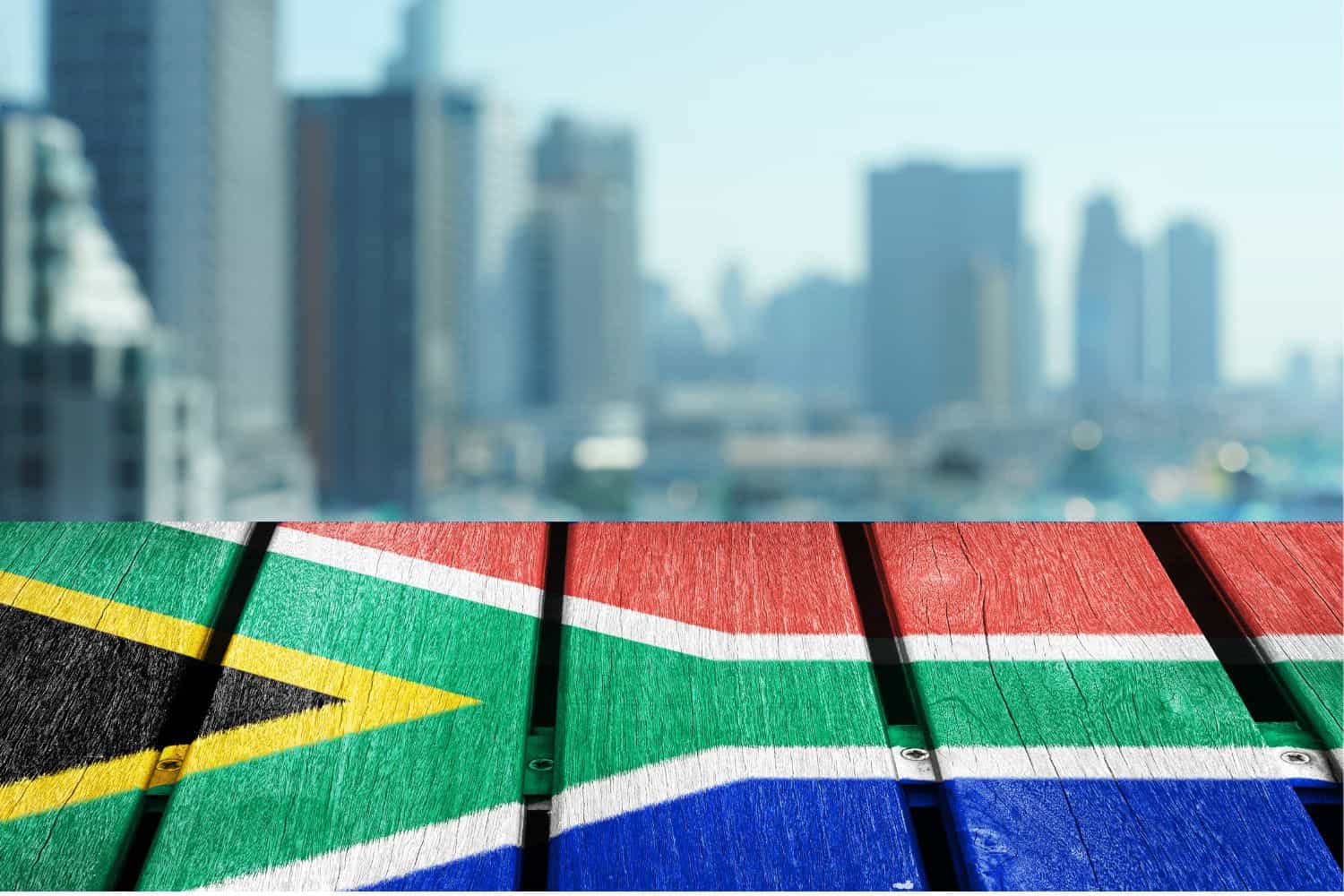What does being ‘Proudly South African’ really mean?
More than 2,000 local businesses use the Proudly SA logo on their products.

Image: iStock
Ever wondered what the Proudly South African logo on some of your favourite household brands means?
Well, the famous national flag derivative is part of a campaign established in 2001 to encourage South Africans to buy locally produced goods.
Geared towards garnering support for homegrown businesses to boost economic growth through job creation, the campaign might be more than just a show of unwavering patriotism.
‘Credibility and visibility’
Proudly SA CEO Eustace Mashimbye said novice entrepreneurs can benefit from the credibility and increased market visibility associated with the logo.
“Studies indicate that consumers are willing to pay a premium for locally made, high quality items, amplifying the logo’s influence on purchasing decisions,” he told The Citizen.
ALSO READ: Lights out, prices up: SA entrepreneurs weather economic tide
Locally brewed
Kempton Park based founder of Yamama Gemmer, Mosibudi Makgatho bears testament.
Makgatho whose company produces locally-brewed traditional ginger beer said affiliating with Proudly SA has boosted her credibility with customers.
“You tend to be trusted by customers, especially those who are keen to support local businesses,” she told The Citizen.
“There’s also the credibility that comes with knowing that because you’re ‘Proudly South African‘, the vetting has been done. So, it’s easy for people to buy with that knowledge,” she added.
The young entrepreneur had to check some boxes to prove her product worthy of bearing the Proudly SA emblem.
Quality checks and ensuring that raw materials and labour are sourced locally were some of the key requirements she had to meet.
For Makgatho, living up to Proudly SA’s standards was the ultimate stamp of approval, earning her a thumbs up from corporate SA.
“Corporate trusts you more. They feel you’re authentic if you’re affiliated with Proudly SA,” she said.
“When you have that emblem on your product, you really have done your homework, as a small business,” she added.

ALSO READ: SA brands reigned supreme at 2023 Miss SA pageant
Access to markets
Entering a new market to compete with large and long-established players can be a daunting endeavour for anyone starting out. Proudly SA said it provides members with access to markets, networking opportunities and development support.
“Proudly SA offers a valuable platform for networking, connecting entrepreneurs with like-minded individuals, industry experts, and potential partners, fostering collaborations and mentorship opportunities,” Mashimbye said.
“Members gain access to a wealth of resources and support services, including business development programs, training workshops and funding opportunities,” he added.
Afrikan Passion Designs founder, Nombuso Nomzamo Khanyile echoed.
The Durban-based entrepreneur, whose business makes handmade leather products, said she joined Proudly SA to certify that her products are indeed locally made.
“And that our manufacturing process is sustainable as we incorporate recycled materials,” she told The Citizen.
Khanyile said she has gained access to market opportunities, and just like Makgatho, having the logo on her products has earned her the trust of many customers.

ALSO READ: Stephanie Ceranio’s chocolate empire started with just R8 000
Beyond business
Currently, products from over 2,000 local businesses across 26 different sectors bear the Proudly SA logo.
“Beyond business benefits, supporting Proudly SA promotes economic growth, employment, and skills development, making the logo a powerful marketing tool that symbolises national pride and commitment to local industries,” Mashimbye said.
ALSO READ: Social innovators win big at SAB Foundation Awards
For more news your way
Download our app and read this and other great stories on the move. Available for Android and iOS.









